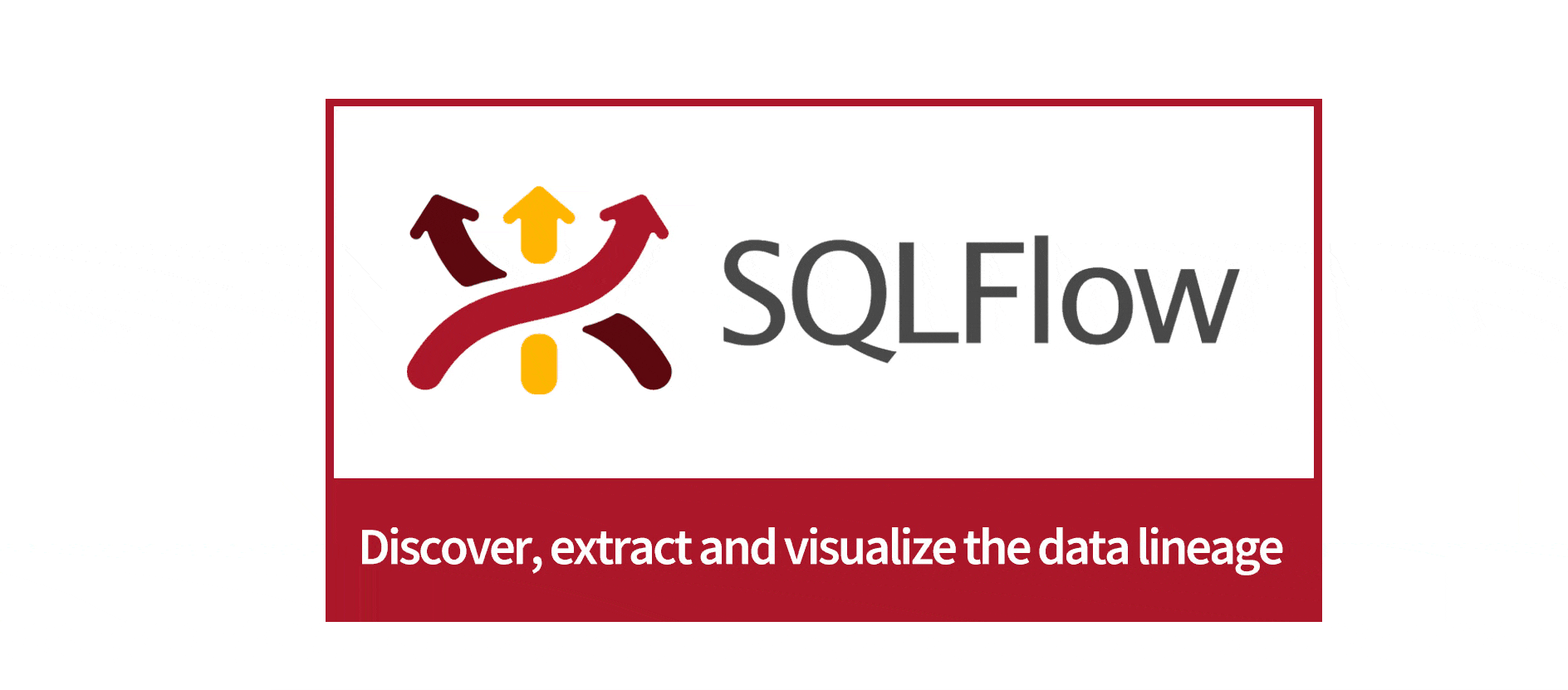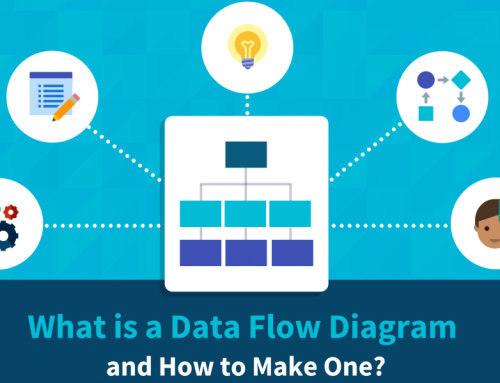Data Intelligence 101
As a natural product of the mobile Internet era, data intelligence (DI) is also the core of future long-term development. If you’re interested in data intelligence, you’ve come to the right place. In this article, we’ll take a closer look at what data intelligence is, why it’s so important, and the benefits of data intelligence.

What Is Data Intelligence?
What’s Date Intelligence (DI)?
It refers to the use of data as production materials, and by combining large-scale data processing, data mining, machine learning, human-computer interaction, visualization and other technologies, extracting, mining, and acquiring knowledge from a large amount of data to provide people with effective data intelligence support when making decisions, so as to reduce or eliminate uncertainty.
Data Intelligence Origins, Evolution, and Use Cases
Data intelligence first emerged to support search and discovery, primarily to serve the productivity of analysts. Corporate data analysts have struggled for years to find the data they need to build their reports. The explosion of data collection and volume has only exacerbated the problem. The earliest DI use cases leveraged metadata (for example, a popularity ranking reflecting the most frequently used data) to showcase the most useful assets to others.
Finding the data, however, is just the beginning. The analyst had a series of questions before the query. They need to know who used the data in the past, how they used it, how I should use it… If I’m allowed to use it? As a result, DI has evolved to answer these questions and supports a range of use cases nowadays, including:
- Data governance
- Cloud Transformation
- Cloud Data Migration
- Privacy, Risk and Compliance
- Digital Transformation
- Analytics
Data Intelligence Technical System
Data intelligence first needs to be provided with data, and data plays the role of core assets and production materials, so data governance is particularly important.
So what is data governance?
We often hear the word corporate governance. Corporate governance mainly solves several problems in economics:
- How are ownership and management rights separated?
- How does the company owner carry out scientific authorization and supervision to professional managers?
Correspondingly, data governance should also solve several similar problems:
- What are the data (assets)?
- How to separate data ownership and usage rights?
- How can data asset owners conduct scientific authorization and supervision to data users?
All the means of data intelligence are actually solving the above problems. Regarding the content of data governance, I have introduced it in detail in the article What’s data governance?.
At the same time, we know that the difference between the poor and the rich lies in their attitude towards wealth. The rich treat wealth more from the perspective of asset appreciation, thinking about how to create more assets and make them continue to increase in value. However, the poor are more inclined to view wealth from the perspective of consumption, and the money earned is more used for consumption.
Then in the era of data intelligence, if we want to become a “rich man”, we need to consider how to make data play a greater value and how to find other partners to jointly create value. However, data is different from other assets in that it is reproducible and difficult to determine rights, which requires us to solve the problem of data security, which is the security computing technology that is currently more concerned in the industry.
Another point that needs our attention is that big data has 4V characteristics (volume, velocity, variety, and variability). Due to its 4V characteristics, especially the large volume and variety, sometimes makes us doubt the aggregation or the result it produces. This requires a quality assurance system to allow us to have a complete inspection process for each link from the generation to the beginning of the data.
To summarize here, the technical system of data intelligence needs to include at least three aspects:
- Data Governance System
- Data Quality Assurance System
- Data Security Computing System
Data Intelligence Types
There are five common types of data intelligence, each with different purposes and applications:
- Descriptive: to review data and understand performance;
- Prescriptive: to form alternative knowledge and new suggestions;
- Diagnosis: to analyze why something happened and determine the cause;
- Predictive: to examine historical data and predict future potential incidents;
- Decisive: to measure data value and recommend new courses of action.
Data Intelligence Benefits
- Adaptive decision: When business intelligence (BI) dashboards have accurate, timely information, leaders can stay ahead of the competition by making faster decisions in the moment. Businesses can adjust their strategies in real time to better anticipate demand and support customers.
- A stronger data foundation: How should data be organized and delivered? DI continuously observes processes to simplify operations and better support key stakeholders. Furthermore, by guaranteeing quality, data intelligence provides trustworthy and reliable data for artificial intelligence and business intelligence use cases.
- Operational efficiency: Data search and discovery connects people with the data they need, and historically, analysts would spend up to six weeks looking for a trustworthy dataset. Data intelligence separates the most trusted assets from the dross and uses them for a wider range of purposes, speeding up operational efficiency in the process.
- Augmented analytics: Why bother? Data Intelligence enables analysts to apply enhanced analysis to applications, supporting predictive and illustrative analysis use cases.
- Transparency supports teamwork and trust: By creating a system around how to prove new facts, data intelligence can align thinking around an organization’s guiding principles and the process by which those principles are embodied. Data intelligence software can draw on scientific methods to structure its processes to make progress.
Conclusion
Thank you for reading our article and we hope it can help you to have a better understanding of what is data intelligence. If you want to learn more about data intelligence, we would like to advise you to visit Gudu SQLFlow for more information.
As one of the best data lineage tools available on the market today, Gudu SQLFlow can not only analyze SQL script files, obtain data lineage, and perform visual display, but also allow users to provide data lineage in CSV format and perform visual display. (Published by Ryan on May 26, 2022)
If you enjoy reading this, then, please explore our other articles below:



